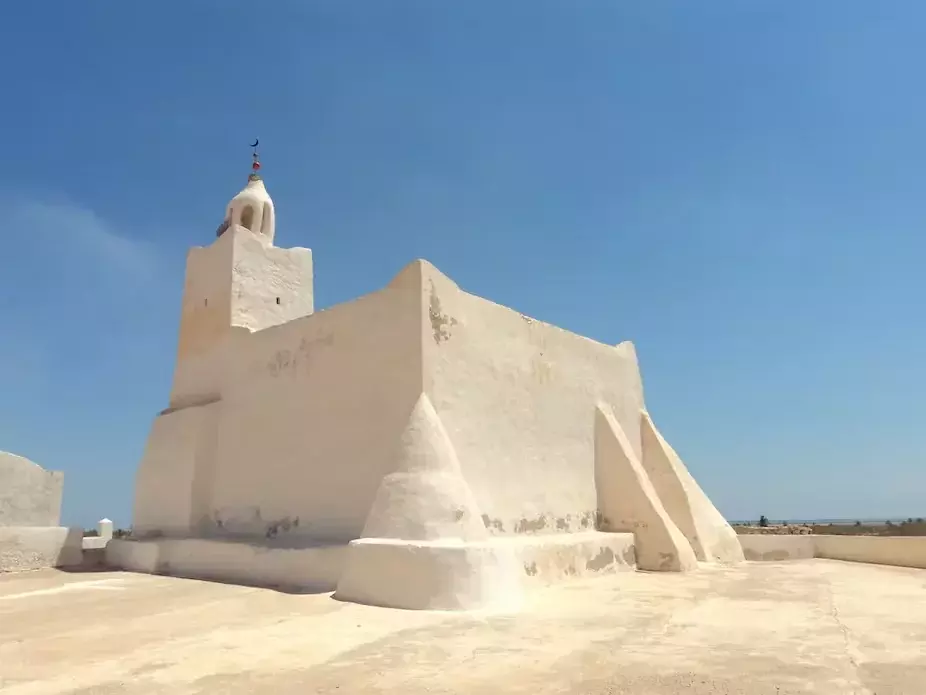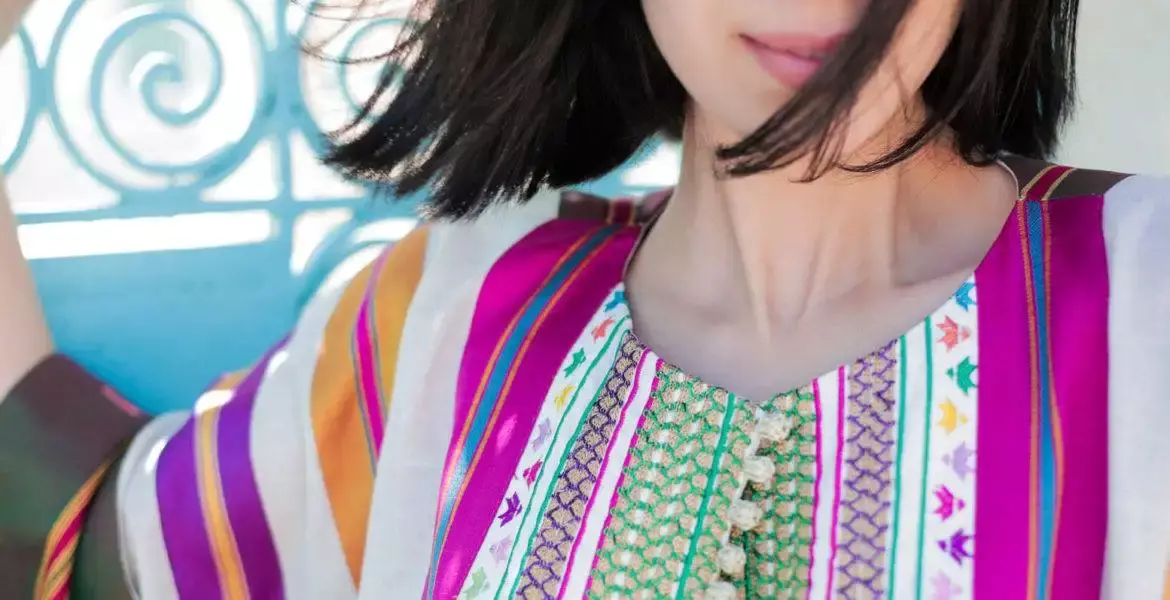Djerba’s Cultural Treasures: Markets, Mosques & Traditions (2025 Guide)
Dive into Djerba’s living heritage—from colorful souks and sacred landmarks to pottery, weaving, and timeless island traditions. Practical tips included.

- Souks & Markets (Houmt Souk)
- Historic Mosques & Sacred Sites
- Crafts of Djerba: Pottery & Weaving
- Menzels & Island Architecture
- Island Traditions: Music, Henna & Weddings
- Festivals & Cultural Events
- Etiquette & Practical Tips
1) Souks & Markets (Houmt Souk)
The heart of island life beats in Houmt Souk, where traders sell spices, baskets, silver jewelry, and hand-stitched foutas. Wander slowly, greet vendors, and enjoy the rhythm of daily life.
- Best time: Morning or late afternoon
- What to buy: Olive-wood utensils, ceramics, woven rugs, artisanal dates
- Tip: Bargaining is part of the fun—smile and start around 60–70% of the first price.

2) Historic Mosques & Sacred Sites
Djerba’s spiritual mosaic includes El Ghriba Synagogue in Erriadh—one of the world’s oldest synagogues—and whitewashed ibadi mosques like Fadhloun and Sidi Yati, where minimalism meets desert light.
- Dress: Modest attire; shoulders and knees covered
- Timing: Visit outside prayer times; check hours on site
- Respect: Ask before photographing people or interiors
3) Crafts of Djerba: Pottery & Weaving
In Guellala, potters shape clay with techniques passed down for generations. You’ll also find hand-loomed textiles and palm-leaf basketry—beautiful, useful, and durable.
- Buy smart: Look for kiln-fired, lead-free pieces
- Shipping: Many shops can pack for travel—keep receipts
- Hands-on: Some ateliers offer short demos or workshops
4) Menzels & Island Architecture
Traditional homes, or menzels, cluster around courtyards with domed roofs and cisterns. Their ingenious design cools interiors naturally—an elegant response to the island climate.
- See also: Fortified granaries and rural mosques
- Photo tip: Golden hour reveals texture and curves
5) Island Traditions: Music, Henna & Weddings
From mezoued rhythms to intricate henna patterns and multi-day wedding customs, Djerba celebrates community with sound, color, and symbolism.
- Experience: Ask your hotel about cultural nights or folk shows
- Respect: Always request permission before close-up photos
6) Festivals & Cultural Events
Seasonal events—from art gatherings in Erriadh to summer music and heritage days—bring the island’s creativity to the streets and squares.
- Check: Local listings and tourism offices for dates
- Plan: Evenings are livelier; bring a light layer
7) Etiquette & Practical Tips
- Greetings: A friendly “Salam” goes a long way
- Dress: Modest attire in religious or rural areas
- Cash: Small bills for markets and tips
- Sustainability: Support artisans; avoid single-use plastics
FAQ — Culture in Djerba
Is photography allowed in religious sites?
Often yes for exteriors; interiors vary. Always ask staff or caretakers first.
What souvenirs are most authentic?
Guellala ceramics, woven foutas/rugs, olive-wood crafts, and palm-leaf baskets.
How much should I tip guides or artisans?
Small tokens are appreciated—round up or offer 5–10 TND for short help/demos.
Last updated: August 18, 2025
Author: Djerba Inn Hotel
